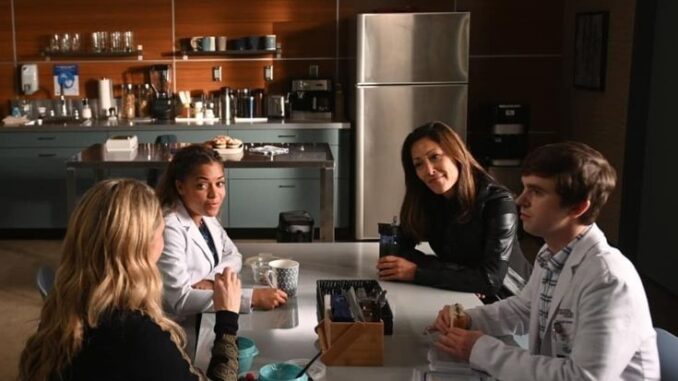
The Good Doctor is a medical drama. But at its core, it’s about human connection. Every episode reminds us that healing goes far beyond the scalpel, beyond even science. It’s about empathy, vulnerability, and growth—for both the patients and the doctors.
Dr. Shaun Murphy doesn’t just diagnose and operate; he listens. He learns. He challenges his colleagues to see their patients—and each other—more clearly. This emotional core is why the show has built such a loyal and passionate fanbase.
In Shaun, we see a rare kind of heroism—one rooted not in perfection, but in perseverance. He faces judgment, misunderstanding, and emotional turmoil. Yet, he approaches every situation with integrity. His honesty is sometimes uncomfortable, but it often leads to breakthroughs—both medically and personally.
The relationships Shaun builds throughout the series make the hospital a second home, not just a workplace. From his evolving romance with Lea to his tender, sometimes complicated friendships with Claire and Dr. Park, the show explores love, loss, loyalty, and trust in ways that feel deeply personal.
Each supporting character has a journey, but Shaun remains the soul of the show. His presence challenges others to reflect. And through him, the audience is invited into conversations about what it means to truly accept someone.
The Good Doctor avoids cheap sentimentality. Instead, it earns its emotional weight through authentic storytelling. When a patient dies, when a doctor breaks down, when Shaun falters—none of it feels manipulative. It feels real. That emotional realism sets the series apart.
With brilliant performances, gripping cases, and soul-stirring moments, The Good Doctor offers more than entertainment. It offers healing—not just for the characters on screen, but for those watching at home.
